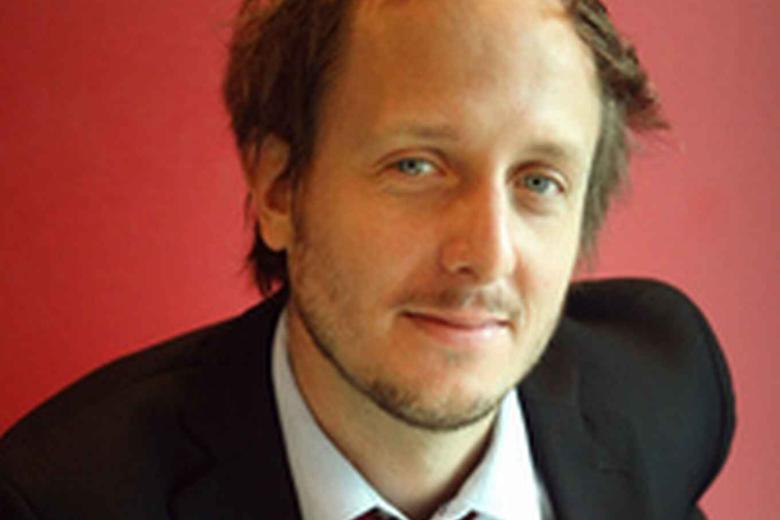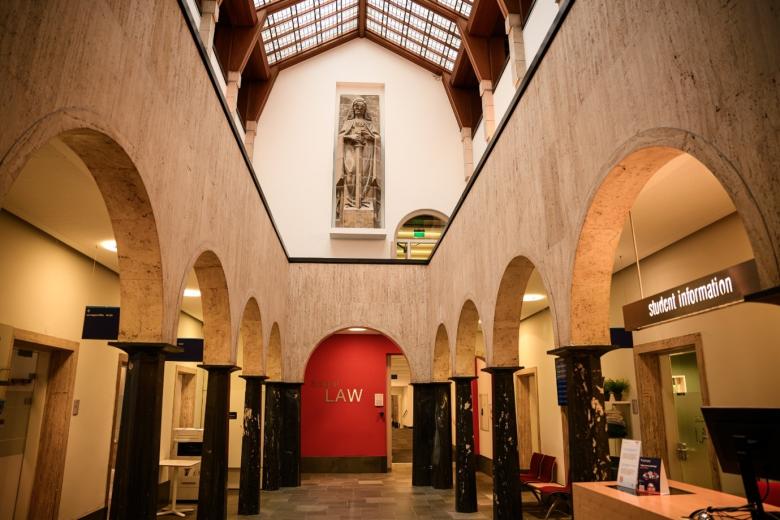A broken tandem: understanding lack of witness cooperation in the interview room
Some witnesses of crime do not want to cooperate with the police during the police investigation, and their participation is not obligatory. However, witness statements are critical to advance police investigations and deliver justice. This PhD research focuses on the promotion of cooperation during witness interviews.
Based on police interviews with crime witnesses in the Netherlands and a survey of criminal investigators in the Netherlands, Sweden and the United Kingdom, the findings indicate deficiencies in the application of evidence-based witness interviewing techniques, which may be exacerbated when witnesses are uncooperative with the police. Lack of witness cooperation was also found to be detrimental to accurate disclosure of information. Altogether, these effects call into question the validity of witness statements used in criminal investigations and proceedings. Further research, interviewing training, and policies are needed to reduce lack of witness cooperation and to secure the best witness evidence.
Also read
-
Inaugural lecture Jan Willem van Prooijen
What drives people to embrace radical conspiracy theories, sometimes with far-reaching consequences for society? During his inaugural lecture on Friday 27 June, Prof. Dr. Jan Willem van Prooijen (radicalisation, extremism, and conspiracy thinking) will address this urgent question.

-
Globalisation & Law Network seminar with Rodrigo Vallejo Garretón
On 4 July 2025, the Globalisation & Law Network had the pleasure of welcoming Dr Rodrigo Vallejo Garretón, Assistant Professor in Private Law at the University of Amsterdam.

-
Maastricht Montesquieu Institute (MMI) to be discontinued as of 1 September 2025
MMI to be discontinued as of 1 September 2025; research continues elsewhere.
